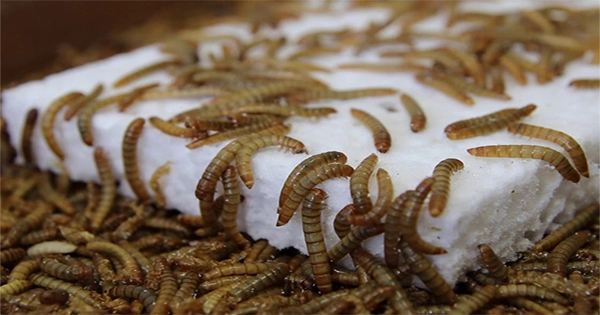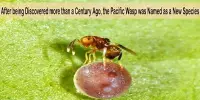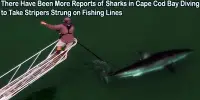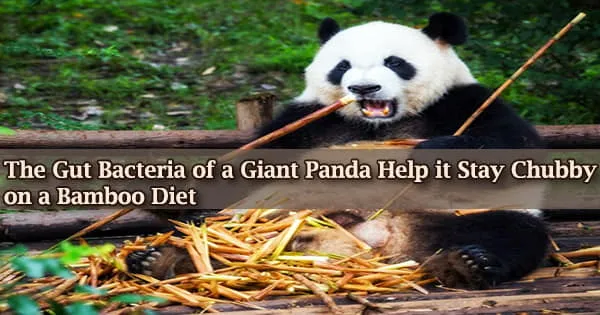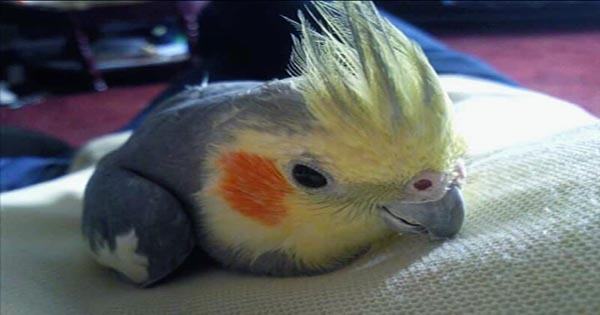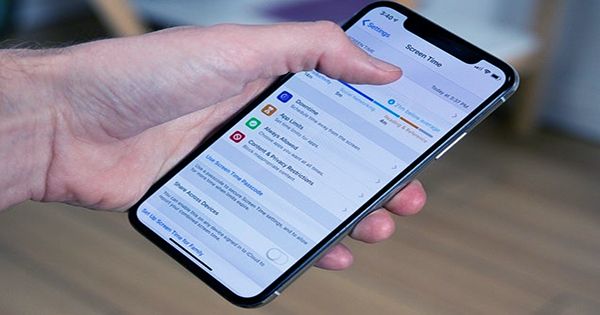Superworms with polystyrene hunger might be a beneficial aid in combating the planet’s plastic crisis. Scientists from the University of Queensland in Australia discovered that the ubiquitous Zophobas morio “superworm” can joyfully digest polystyrene owing to a bacterial enzyme in their stomach, as published in the journal Microbial Genomics. In fact, scientists discovered that superworms fed a diet of exclusively polystyrene gained weight, suggesting that they are quite content to live on this man-made plastic.
Dr Chris Rinke, main study author from UQ’s School of Chemistry and Molecular Biosciences, told IFLScience, “We didn’t know if the superworms could consume and break down plastic when we started the trials, but we were hopeful they would.” “Superworms are really the larvae of the darkling beetle Zophobas morio, not worms. Dr. Rinke continued, “Insect larvae have a history of destroying and devouring plastic.” “Because superworms are bigger than many other insect larvae in the same family,” he added, “we believed they would be even better adapted to eating plastic – and it turns out they have a voracious appetite for polystyrene.”
Previous research has suggested that Zophobas morio larvae have a voracious hunger for plastic, but the new study goes a step further by examining the genetics that drive this ability. The researchers examined the DNA of the microorganisms residing in the superworm stomach to learn more about their plastic-munching abilities and were able to discover the bacterial genes that code for the plastic-degrading enzymes. This knowledge, they suggest, might be used to search for other bacteria with comparable plastic-degrading enzymes encoded in their genomes in the near future.
According to Dr. Rinke, the key to scaling up the idea of greener plastic disposal is to use bacterial enzymes. He believes it will be more efficient to get right to the plastic-munching enzyme rather than needing tanks full of hungry superworms to perform the work. “We see polystyrene trash being collected, mechanically shredded, and then decomposed in bioreactors using an enzyme cocktail, similar to what superworms do.”
Dr. Rinke stated, “The resultant chemical compounds can then be employed by other bacteria to synthesis higher-value products, such as bioplastics like PHA.” It’s uncertain whether or not this fantasy will come true, but it’s comforting to know that we have these creepy crawlies on our side in the fight against plastic.
